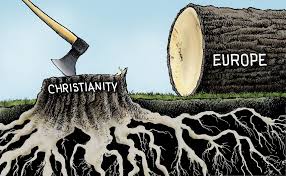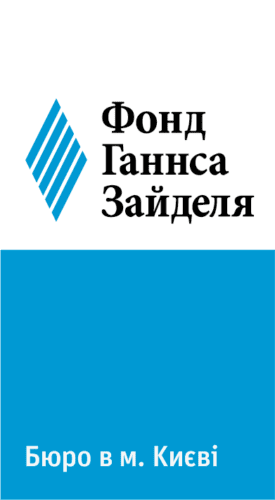Although today we understand Europe to be much wider than the EU borders, we often start to equate these concepts – “EU” and “European” – at the everyday level. This is wrong, because Europe is much broader than the association of 27 countries, and the EU is even beginning to lose its former members, such as the United Kingdom.
At least another 13 countries are not EU members, including developed Western European countries (Norway, the United Kingdom, Iceland, Switzerland), as well as poorer 6 Balkan countries (Serbia, Montenegro, Albania, Bosnia and Herzegovina, North Macedonia, Kosovo) and 3 Eastern European countries (Moldova, Ukraine, Belarus), as well as countries that partially lie in Europe – Russia, Georgia, Armenia, Azerbaijan, Turkey, and Kazakhstan.
Today, the EU and Europe as a whole are going through another stage of struggle against challenges that test their strength.
These and other problems are causing a certain frustration among Europeans, many of whom are looking for salvation in the arms of outspoken right-wing or left-wing populists who promise simple solutions immediately. Christian democracy is also going through a difficult time because its position is quite complex, its politics is based on balanced centrism, responsibility, cooperation and solidarity, and many people are tired of being like that, looking for simple recipes for all the new troubles. As a result, there are outbreaks of popularity of either far-right political forces that captivate the European people with simple proposals to “throw migrants out”, “keep them out”, “fight Islam”, or far-left political forces with their “fight capitalism and the rich, imperialists who are to blame for everything”, “fight the dominance of religious paternalism and traditional values, white supremacism and Christianity”.
These slogans from both sides undermine the foundations of the idea of a united Europe, which is built on the basis of unifying Christian values, which are essentially the foundation of this idea and in their time gave rise to the idea of human rights, solidarity, freedom, responsibility and cooperation. Denial and dilution of these ideas leads to the destruction of the foundations of the common European home, which can cause inevitable and large-scale disasters.
Author: Yuriy Mindyuk




